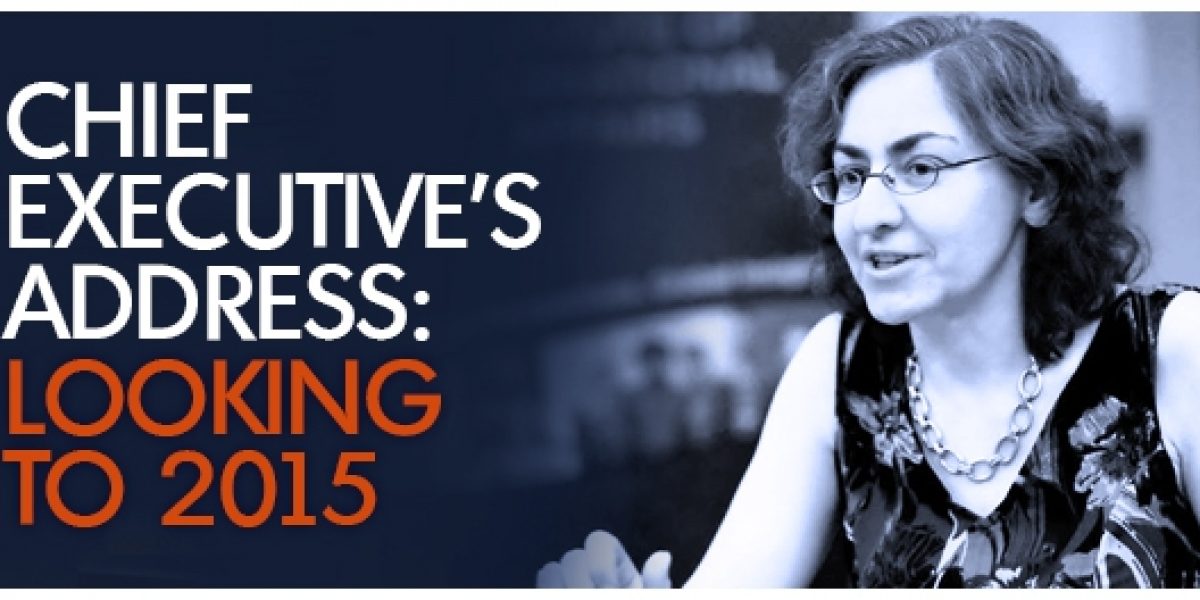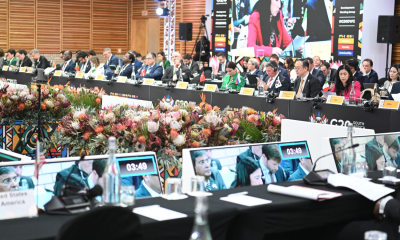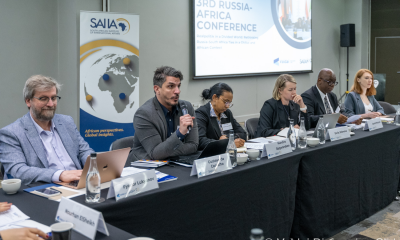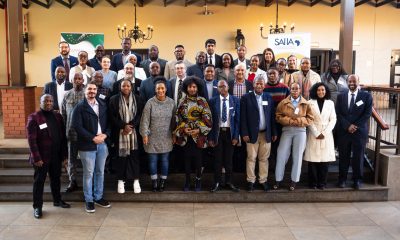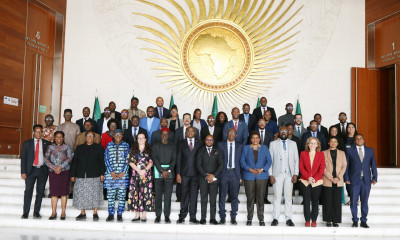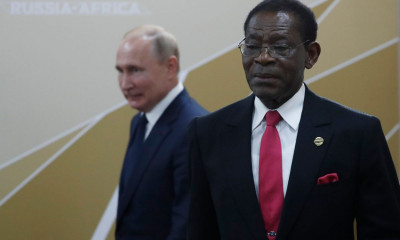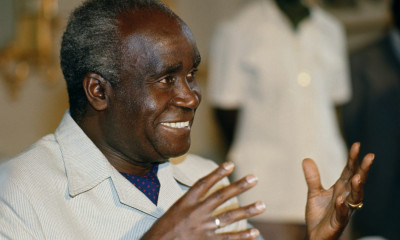The year that has gone was characterised by South Africa’s fifth democratic elections, the outbreak of Ebola in West Africa, and the growing power of Boko Haram and other radical Islamist groups in Africa. Across other parts of the world, old fissures seemed to re-emerge; whether in Europe’s growing right-wing wave, or in Ukraine and in the Middle East.
Many of these challenges will continue to be with us in 2015, but I write this message against the backdrop of the Charlie Hebdo rally in Paris and the ANC’s 103rd birthday celebrations in Cape Town. The rally celebrated the right to unfettered freedom of expression, while the ANC’s birthday commemorated not only its founding in 1912 to fight for the rights of black people in South Africa, but also the 1955 Freedom Charter, whose moving opening lines say:
WE, THE PEOPLE OF SOUTH AFRICA, declare for all our country and the world to know: that South Africa belongs to all who live in it, black and white, and that no government can justly claim authority unless it is based on the will of all the people; that our people have been robbed of their birthright to land, liberty and peace by a form of government founded on injustice and inequality; that our country will never be prosperous or free until all our people live in brotherhood, enjoying equal rights and opportunities; that only a democratic state, based on the will of all the people, can secure to all their birthright without distinction of colour, race, sex or belief.
Our world in 2015 is very different from that of 1955; yet the values the preamble to the Charter espouses ring as true today as they did then. The world continues to face similar challenges – those of discrimination, intolerance, and socio-economic marginalisation. The attacks on Charlie Hebdo and the kosher grocery store in Paris were tragic and barbarous acts. They mobilised people across racial and religious lines in many parts of the world to condemn them.
But they also generated debate about the boundaries of free expression and how to avoid possible offence with a substantive diminution of this liberty. They raised questions about respect for different faith systems, whether these are inspired by a divine Godhead or secular democratic belief. Ironically, they also highlighted that the geography of such acts matters. It’s easier to hold a rally in Paris than it is in north-east Nigeria. And while the kidnapping of 200 schoolgirls by Boko Haram elicited condemnation and a global twitter campaign #bringbackourgirls, it pales in comparison with ‘Je suis Charlie’.
Social alienation, poverty, absence of inclusive governance are all factors that compound the problems faced by multicultural societies. Solutions to them require free, open, and responsible debate. SAIIA and institutes such as ours need environments that encourage freedom of expression and debate to exercise their mandate of evidence-based research and independent opinions.
In 2015, our research will continue to tackle themes that speak to these challenges which have both domestic and global causes and impact. These range from the bigger geopolitical questions of the rise of China and other emerging states and their impact on Africa and the changing power dynamics on the African continent to governance and accountability challenges on the continent, as well as the impact of new resource finds on these. Our work on trade and investment, regional integration and health will continue to be driven by our belief that these are critical drivers of more inclusive growth and prosperity. Finally, our Youth@SAIIA activities aim to empower and equip the leaders of tomorrow with relevant skills.
We look forward to working with you again this year and thank you for your continued support.
Best wishes
Elizabeth Sidiropoulos
SAIIA Chief Executive

